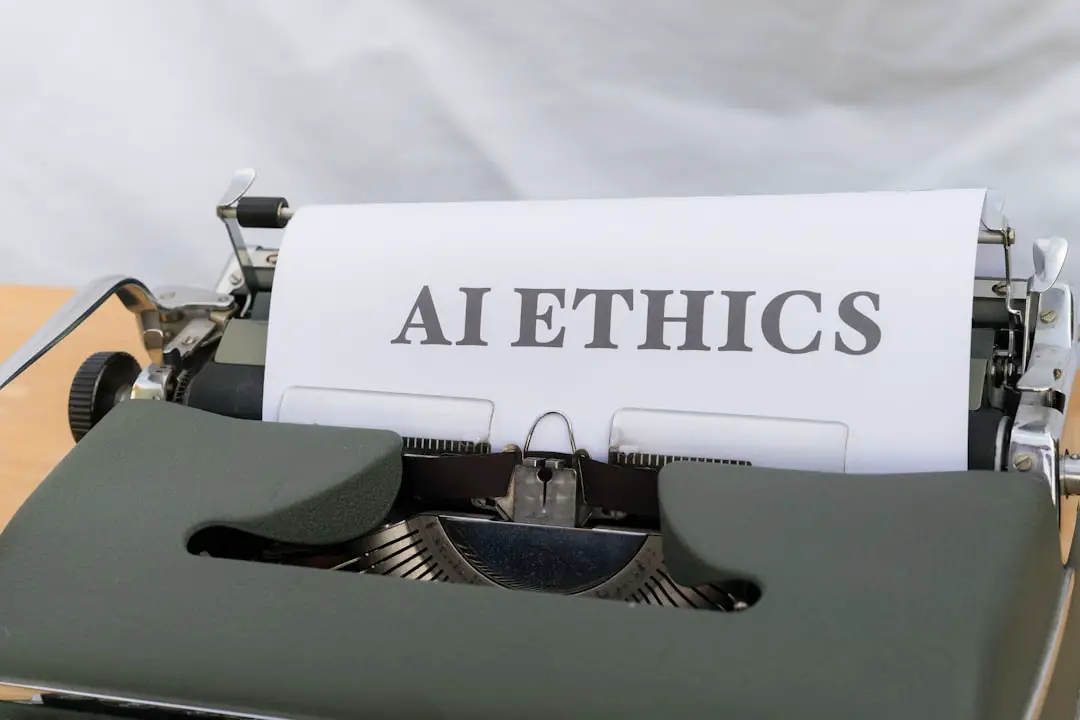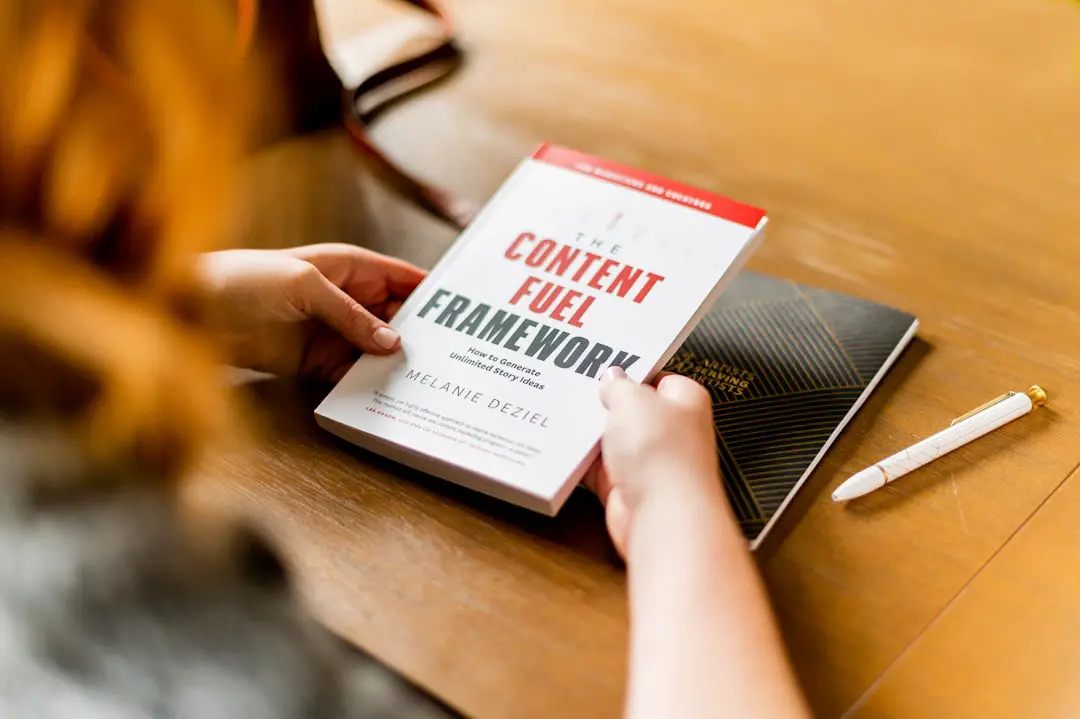In the age of artificial intelligence, tools like ChatGPT have reshaped how individuals, students, and professionals generate content. From writing essays and blogs to providing customer service and generating creative ideas, the capabilities of AI text generators are vast. However, with great power comes great responsibility. Ethical usage of ChatGPT necessitates an understanding of issues surrounding plagiarism, copyright, and responsible content creation. This article explores how to use ChatGPT ethically and provides guidance to avoid plagiarism or intellectual property violations.
Understanding ChatGPT’s Role in Content Creation
ChatGPT is a language model created by OpenAI, trained on a mixture of licensed data, publicly available data, and data from books and websites. While ChatGPT doesn’t copy and paste from specific sources, it can reproduce familiar patterns, phrases, and even well-known quotes if prompted a certain way. Because of this, users must treat outputs as raw material, not final content.
Therefore, critical thinking and editing are essential. You must take any AI-generated text and refine it with your own voice, thoughts, and citations before using it as your work.

Best Practices for Using ChatGPT Ethically
To responsibly use ChatGPT without falling into ethical or legal pitfalls, consider these best practices:
1. Use ChatGPT as a Starting Point
- Use ChatGPT to brainstorm ideas, outline content, or break through creative blocks rather than to generate an entire finalized piece.
- This approach ensures you personalize content and reduce the chance of replicating existing work unknowingly.
2. Edit and Add Your Perspective
- Integrate your personal insights, voice, and analysis into AI-generated content to make it truly your own.
- This is especially important in academic or journalistic work, where critical thinking and originality are required.
3. Do Not Pass Off AI-Generated Content as Solely Yours
- If the context demands complete originality—such as academic exams or writing assignments—be transparent about using AI assistance if permitted.
- Some institutions require disclosure; failing to do so could constitute academic dishonesty.
4. Always Double-Check Factual Data
- ChatGPT may present convincing-sounding but false or outdated information.
- Verify statistics, names, and facts with reliable sources before incorporating them into your final content.
5. Avoid Output That Mimics Specific Authors
- Do not ask ChatGPT to imitate the style or recreate the work of a specific author unless it’s for educational or review purposes under fair use.
- Even then, proper credit should be given when referencing another writer’s unique style or ideas.
6. Run a Plagiarism Check
- Before finalizing any content generated or assisted by ChatGPT, use plagiarism-detection tools like Grammarly, Turnitin, or Copyscape.
- This step ensures that any unintended text similarity is caught and can be corrected.
7. Attribute When Necessary
- If you copy exact phrases or sentences from sources (even suggested by ChatGPT), cite them appropriately.
- Maintaining transparency builds trust and protects you legally and ethically.

Understanding Copyright and AI Outputs
A common question is whether ChatGPT’s outputs can be copyrighted or whether they infringe on someone else’s copyright. Here’s what to know:
- AI-generated text is not automatically copyrighted. In most jurisdictions, only work produced by a human author qualifies for copyright protection.
- You can claim rights over your edited AI content. Once you substantially revise ChatGPT’s output and incorporate original thought, the final work can be considered yours.
- You remain responsible for ensuring the output does not inadvertently use copyrighted material from third parties.
If you rely heavily on a generated paragraph without modifying it or checking its origins, you risk unknowingly plagiarizing or misusing another entity’s protected content.
Consider Institutional Policies
Different organizations, schools, publishers, and companies have their own policies regarding AI tools. Before using ChatGPT, especially in academic or commercial settings, it’s wise to:
- Review the organization’s AI policy.
- Seek approval or advice from a supervisor or instructor.
- Understand what constitutes acceptable use within that context.
Ethical AI use isn’t just about legality—it’s about integrity, trust, and respect for intellectual labor.
When in Doubt, Be Transparent
One key to using ChatGPT ethically is disclosure. Whether writing blog content or submitting academic work, if AI played a significant role in the structuring or phrasing of your work, a disclaimer or brief mention might be appropriate and appreciated.
For example:
“Sections of this article were generated with the help of ChatGPT, an AI language model, and reviewed for accuracy and originality.”
This kind of transparency can set precedents for responsible AI use and help build trust with your audience or assessors.
Conclusion
ChatGPT offers immense potential when used responsibly. Ethical usage involves more than just avoiding misconduct—it’s about engaging thoughtfully, maintaining integrity, and contributing meaningfully. By editing, verifying, citing, and customizing the content it helps produce, users can unlock their true potential while steering clear of plagiarism and copyright violations.
Frequently Asked Questions (FAQ)
- Q1: Is it plagiarism to use ChatGPT to help write my paper?
- No, not if you use it as a tool and not a crutch. You must add your own analysis, verify facts, and properly cite any direct prompts or text generated, especially if taken word-for-word.
- Q2: Can I submit ChatGPT content to my teacher or boss as-is?
- This depends on the policy of your institution or employer. When in doubt, edit and improve the content, and consider disclosing that you used AI assistance.
- Q3: Does ChatGPT plagiarize from the internet?
- Not intentionally. However, because it is trained on vast amounts of public data, it can unintentionally generate phrases similar to existing content. That’s why verification and plagiarism checks are important.
- Q4: Can I copyright work generated using ChatGPT?
- Copyright laws vary by country, but typically, AI-only content cannot be copyrighted. However, once you revise and make the content your own, you can claim copyright on the resulting human-edited content.
- Q5: What’s the best way to avoid copyright issues when using ChatGPT?
- Make sure to:
- Edit and personalize the content
- Avoid mimicking specific third-party content
- Run plagiarism checks
- Cite your sources accurately
